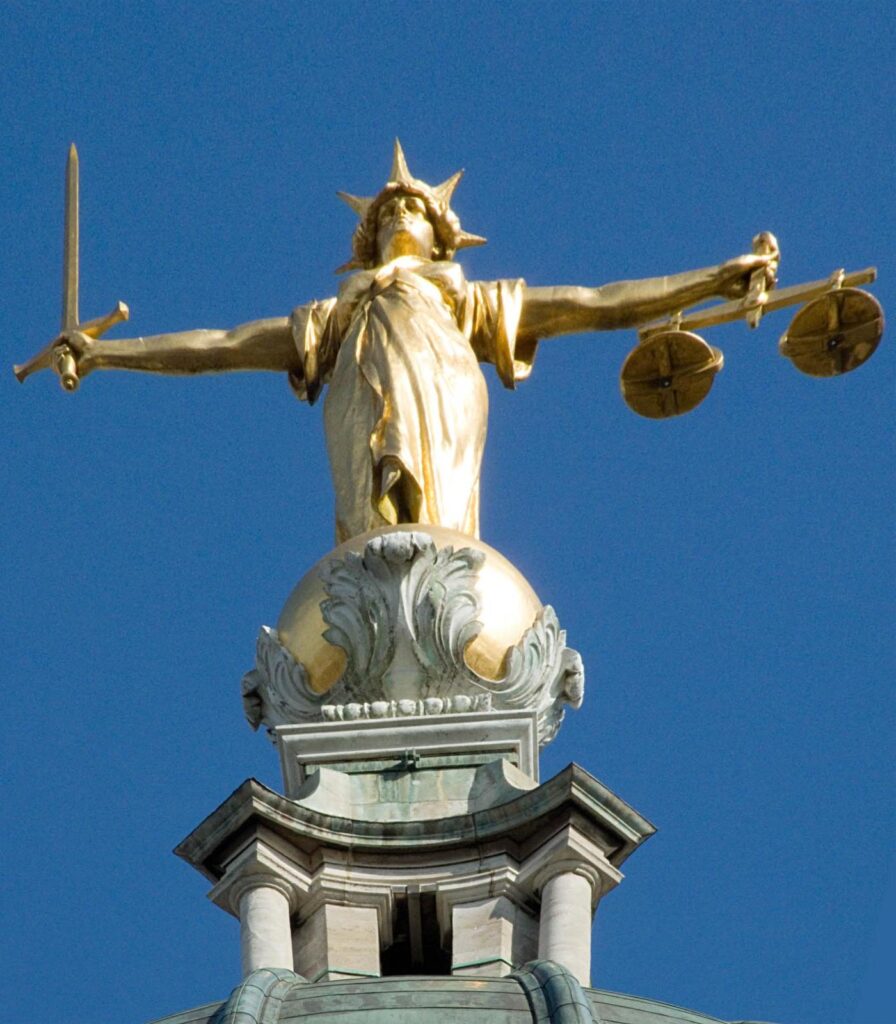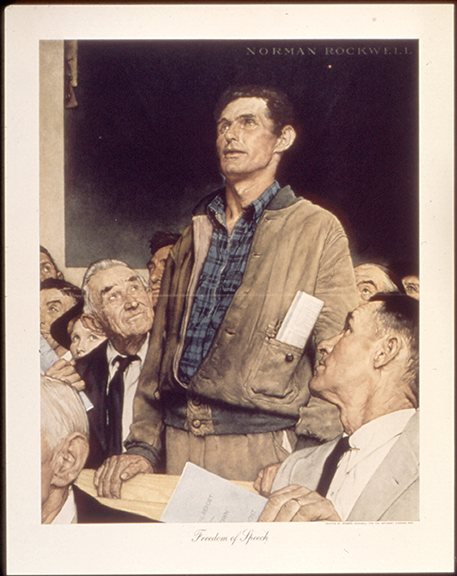What are the essential basic things you should know about communications law?

The reason we ask is that digital media has amplified personal communications, and, now more than ever, educated people need some general basic background in the law of communication. This is an outline for a short course module that can be used in college classes or by interested individuals.
This idea for a one-week (three lecture) short course is structured around three basic themes: Foundations of law, specific communications and media issues, and a few forward-looking legal and ethical questions.
Foundations of law
- Historical concepts in law, especially natural rights, equal justice and the marketplace of ideas.
- The First Amendment to the US Constitution and similar protections in international law.
- How the system of courts and legal precedent works in the US and other countries.
Specific issues in Communications and Media Law
- Do social media bans violate First Amendment rights?
- Violent images and hate speech: how have the US courts drawn the line? What about other democracies (Europe, Japan, India)?
- What is libel and how well does the law protect open debate about public people and institutions?
- What is invasion of privacy and how does the law try to balance individual protection against public rights?
- What laws regulate truth in advertising?
- Broadcasting: What was the Fairness Doctrine? Is there an argument for reinstating it?
- How does copyright law work? What is Creative Commons?
- How are competition laws (also called anti-trust laws in the US) being applied to social media companies in the US and in Europe?
Jurisprudence and ethics
- What ethical codes do we expect the news media to follow? Why?
- How do concepts of social responsibility conflict with libertarian views about free speech?
- How does the structure of new digital media challenge traditional First Amendment jurisprudence and concepts like the marketplace of ideas?

